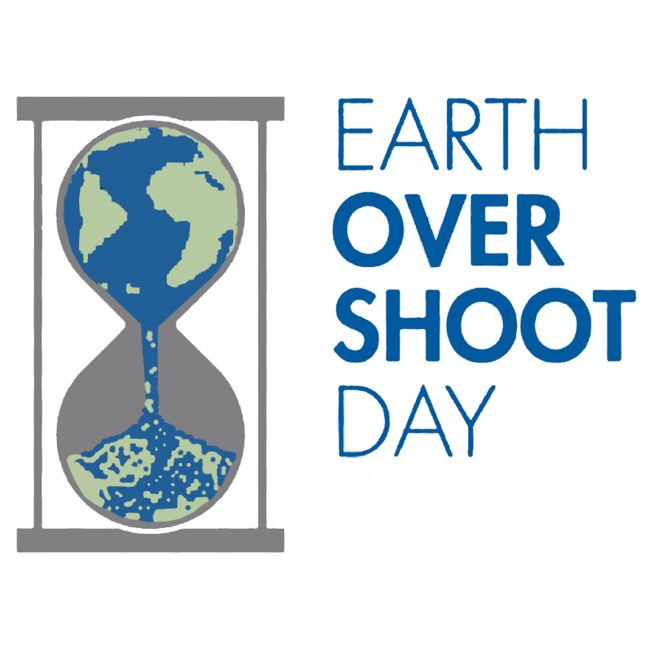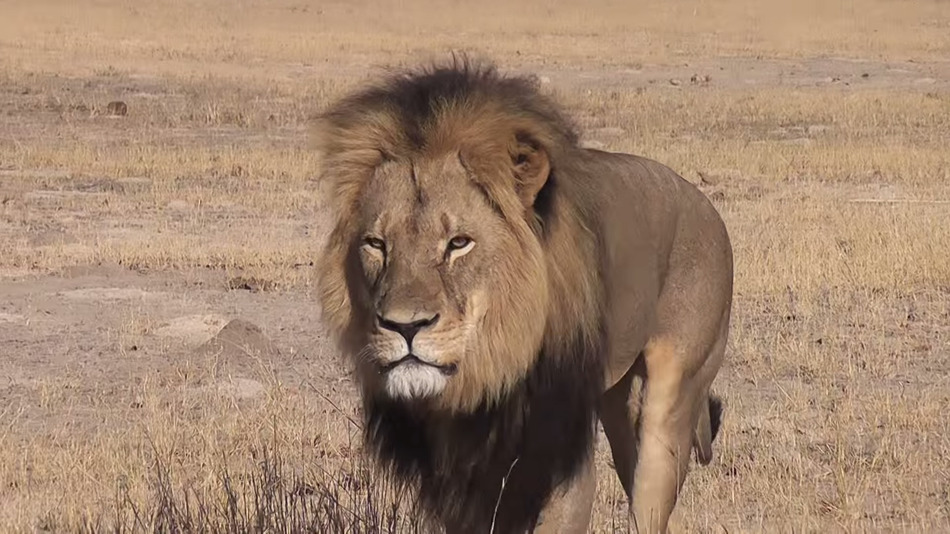Global Overshoot Day: Messaging Analysis
Idea Tree Consulting,
August 20, 2015
 Global Overshoot Day this year was on August 13. Every year the Global Footprint Network calculates the date “when humanity’s demand for ecological resources and services in a given year exceeds what Earth can regenerate in that year.”[1] The Earth regenerates in the sense that it sequesters carbon, aquifers refill, new soil is created through decomposition, forests grow, fish populations increase, to name just a few examples. Soil also erodes, trees die, animals succumb to predators and disease, but when the Earth keeps the regeneration and degeneration aspects in balance, there is sustainability. When humans come in and utilize resources as well, we must allow enough regeneration to keep that sustainability going, but we are failing, at the moment, to do so. It’s as though we are spending more out of our chequing account than is going in, and on August 13th, that account became empty and we’ve had to switch over to savings. Anyone who manages their personal finances would probably agree that’s not the best long-term plan. The Global Overshoot Day concept draws the analogy that that’s exactly what we are doing ecologically. Continue reading
Global Overshoot Day this year was on August 13. Every year the Global Footprint Network calculates the date “when humanity’s demand for ecological resources and services in a given year exceeds what Earth can regenerate in that year.”[1] The Earth regenerates in the sense that it sequesters carbon, aquifers refill, new soil is created through decomposition, forests grow, fish populations increase, to name just a few examples. Soil also erodes, trees die, animals succumb to predators and disease, but when the Earth keeps the regeneration and degeneration aspects in balance, there is sustainability. When humans come in and utilize resources as well, we must allow enough regeneration to keep that sustainability going, but we are failing, at the moment, to do so. It’s as though we are spending more out of our chequing account than is going in, and on August 13th, that account became empty and we’ve had to switch over to savings. Anyone who manages their personal finances would probably agree that’s not the best long-term plan. The Global Overshoot Day concept draws the analogy that that’s exactly what we are doing ecologically. Continue reading

